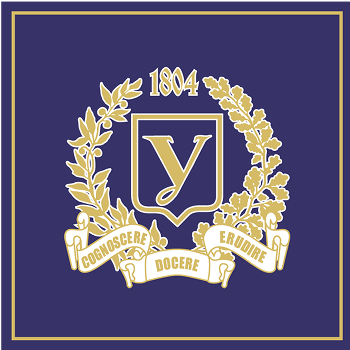Герасимчук Л. О.
- 2021-35
Ecological Assessment of the State of Drinking Water Within the United Territorial Communities of the Enlarged Zhytomyr District
Purpose. Assess the quality of drinking water of sources of decentralized water supply of rural settle-ments of Berezivka united territorial community of the enlarged Zhytomyr district.
Methods. Field, laboratory-analytical, statistical.
Results. As a result of research it is established that the greatest contribution to the pollution of drinking water is made by nitrates, the excess content of which was recorded on average in 50.7% of the selected samples, and in 57% of the studied settlements water belongs to quality class 4, "Limited" given undesirable quality. A critical situation was recorded in Bolyarka, Bondartsi, Dubovets and Cheremoshne villages, in which well water had increased content of nitrates in all selected samples. On average, 34% of the selected water samples do not meet the standard for the pH value in the direction of its reduction. In terms of pH, quality classes vary from "excellent", very clean to "good", clean water with a bias to the class of "satisfactory", slightly contaminated acceptable quality). The total iron content exceeded the standard by 6.6% of the selected samples.
Conclusion. It is proved that the formation of the general class of water quality is significantly influenced by a group of general sanitary indicators, which is primarily due to the high content of nitrates in the studied sources of decentralized water supply. The calculation of the integrated ecological index of development of rural settlements according to the indicators of drinking water quality showed that such rural settlements as: Zamozhne and Sadky need priority attention; 11 settlements need improvement; only village of Vasylivka needs support at the same level.

